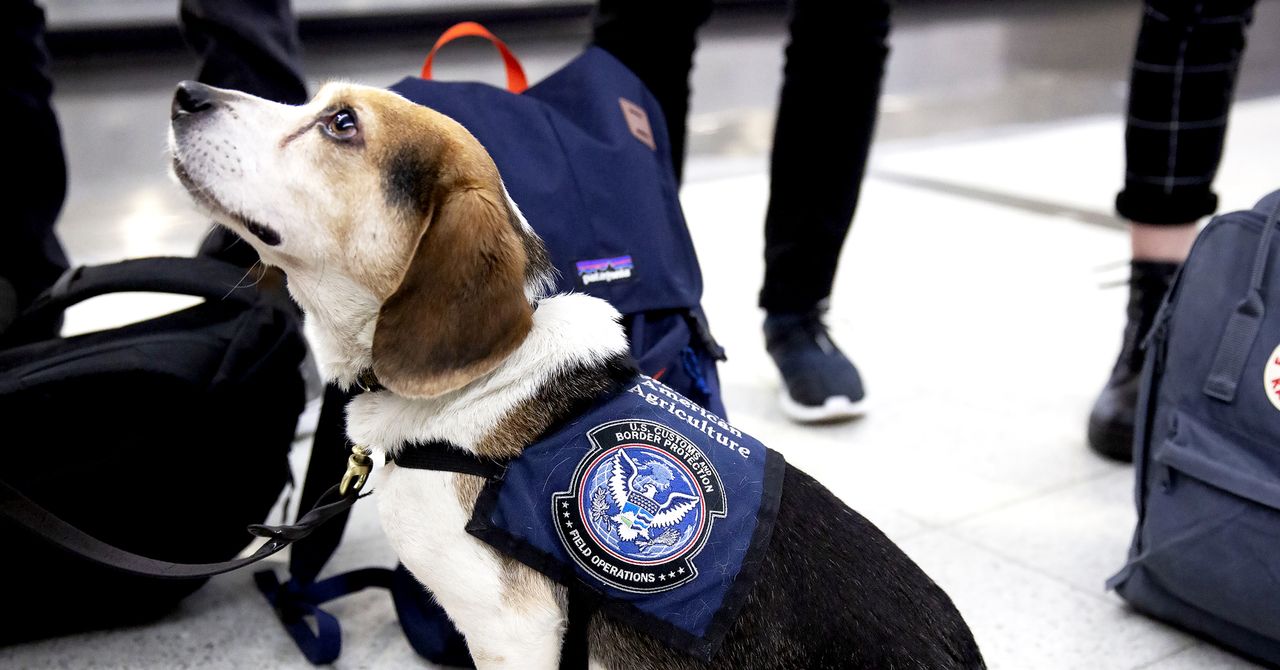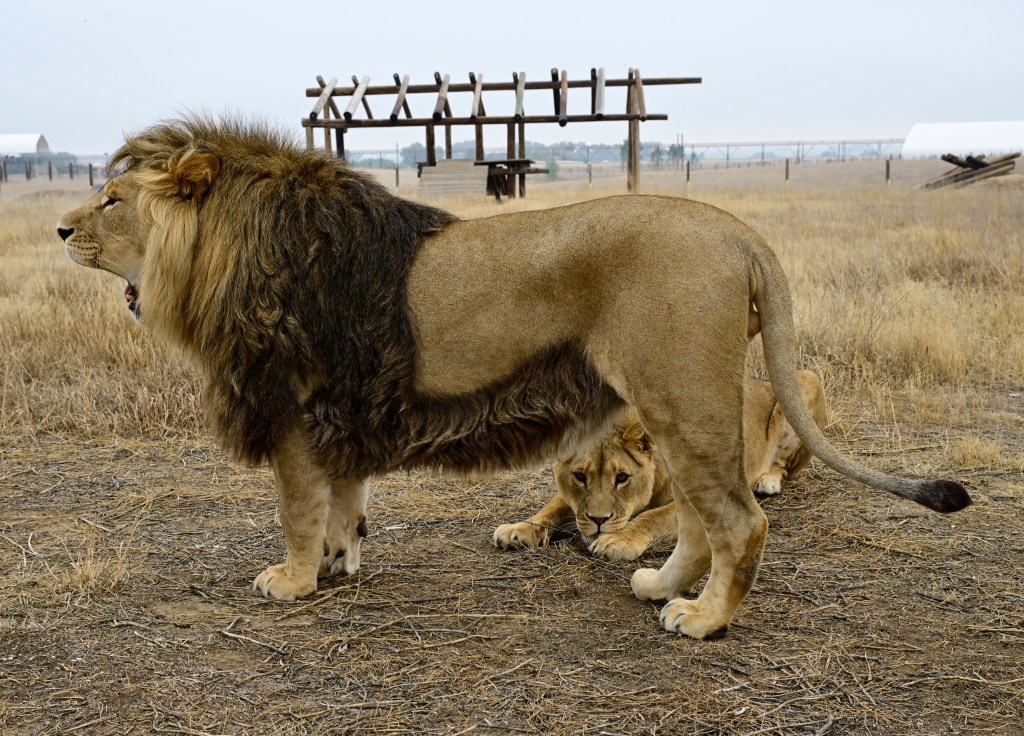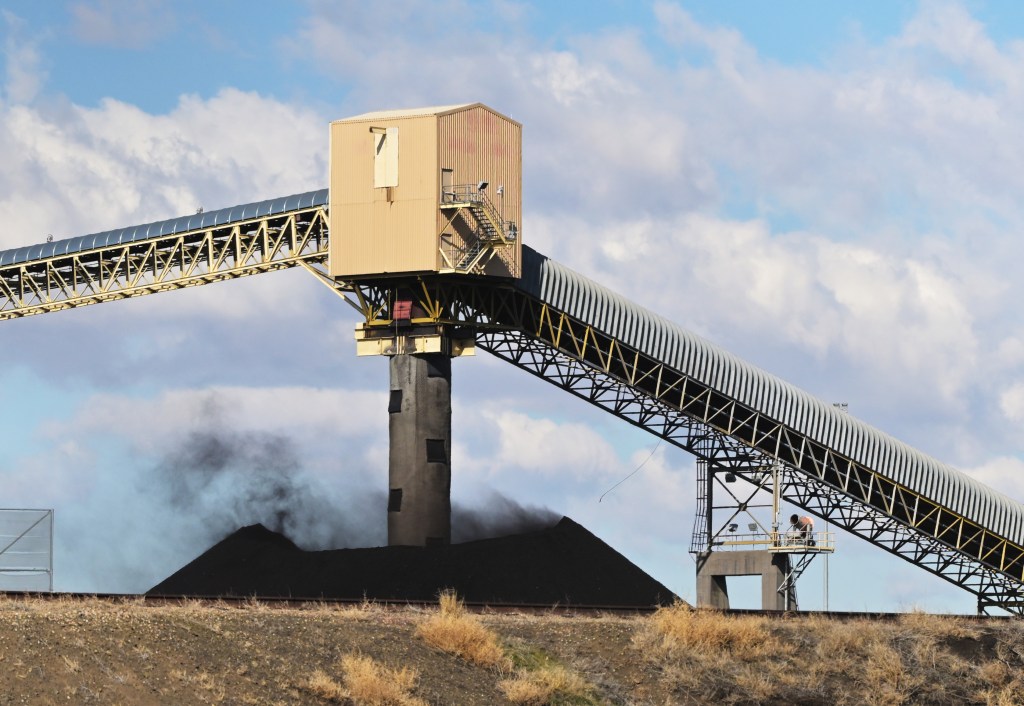Armando Rosario-Loron, Vice President of the National Association of Agriculture, who represents workers at the Protection of Plants and Quarantine Program, says:
“These ports have already been collapsed in the process of processing, and now some of them have completely disappeared,” says Rosario-Lbrón. “If we don’t fix this, we can go back to the level of epidemic for some goods.”
The Ministry of Agriculture did not respond to the request. Republican Senator Johnny Ernest, who supported DOGE efforts, has previously supported the USDA dog training program and the laws that are constantly helping. His office declined to comment on its cuts.
Two federal judges and an independent agency that evaluate government personnel decisions have already ordered the USDA employees to restore. Earlier this week, USDA said it would pause for 45 days and “prepare a step -by -step plan to return to task.” But the affected staff remains in the dark about their future, and the Trump administration has announced that it will fight court decisions to restore employees, while Caroline Lowwat, the White House press secretary, called one of the rulings “absurd and illegal”.
As these legal and regulatory battles continue, Hoodika says that some of the low -end trick effects will occur, such as the local market wars on resources, where larger cities and larger food chains will be more equipped than maternal and postal and rural communities. Hadika says allowing transport containers to sit without choice can also affect other parts, as delays prevent them from reuse for other goods. “These containers are going to move their belongings every day, and now they are just parked somewhere,” he says.
Keith Johnson, director of business adaptation at the US customs broker, John S. James, also predicts prices and waste. But what makes him the most warnings is to increase the likelihood of offensive species through inspection cracks. He says the price of losing a threatening pest is “destroying the whole agricultural goods”, an event that can have “not only economic impact but also national security.”
The disposal of the Ministry of Agriculture can even have consequences for customs and protect the US borders, which deployed dogs trained by Copland and other employees at the National Dog Training Center. CBP is closely collaborated with USDA with other methods, especially at entry points. The two agencies run the agricultural quarantine inspection program, but are provided by USDA. Many animal and plant health inspection programs do not rely on taxpayers’ dollars, but rather collect the costs of importers and other players in the industry. As such, it subsidies some of the CBP agricultural activities. CBP did not respond to the comment request.
Since USDA workers are fired, the ports start to feel absence. Lahar says: “There is not much inspection and just put us in danger.” “These farmers and food chains are putting our endangered.”
Update 3/17/25 12:42 pm Est: The reference to this story is updated to “swine flu” to “swine fever” to show more accurately the type of diseases that are usually diagnosed by dogs with diseases.





